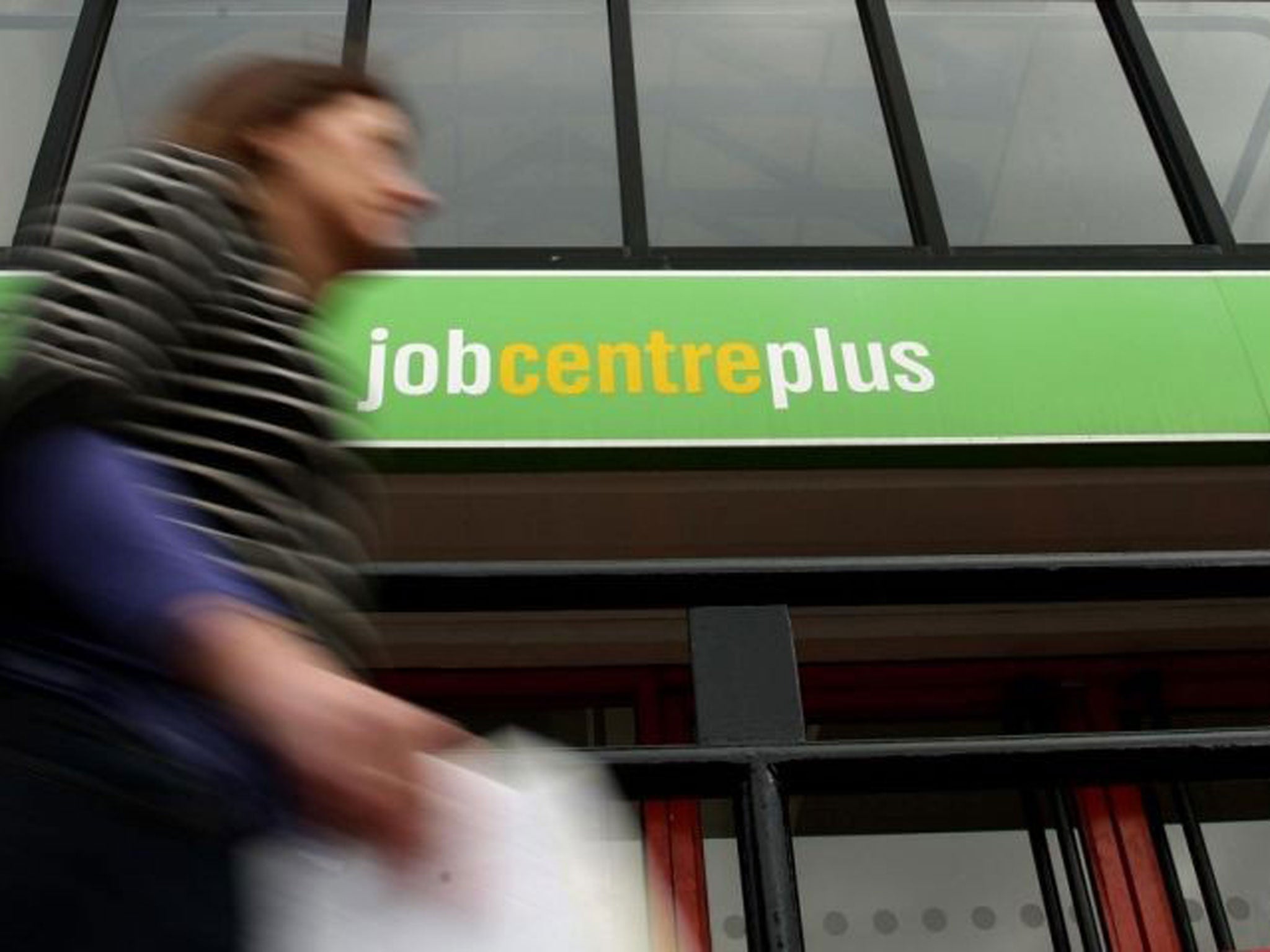Benefit claimants will face 'attitude to work' assessments under new government plans
Esther McVey's 'segmentation' scheme is being piloted in three job centres

Your support helps us to tell the story
From reproductive rights to climate change to Big Tech, The Independent is on the ground when the story is developing. Whether it's investigating the financials of Elon Musk's pro-Trump PAC or producing our latest documentary, 'The A Word', which shines a light on the American women fighting for reproductive rights, we know how important it is to parse out the facts from the messaging.
At such a critical moment in US history, we need reporters on the ground. Your donation allows us to keep sending journalists to speak to both sides of the story.
The Independent is trusted by Americans across the entire political spectrum. And unlike many other quality news outlets, we choose not to lock Americans out of our reporting and analysis with paywalls. We believe quality journalism should be available to everyone, paid for by those who can afford it.
Your support makes all the difference.People claiming benefits will be expected to undergo attitude tests to assess if they have a psychological resistance to work under new plans revealed by the employment minister.
Esther McVey said benefit claimants will be profiled to see if they feel “determined”, “bewildered” or “despondent” at the prospect of employment.
Those who are deemed less mentally prepared for life at work will undergo intensive coaching at the job centre, The Telegraph reports, while people who are judged to be more positive about work will be placed on less rigorous schemes.
“It will be scales of eager, despondent, maybe apprehensive. There are factors within that: somebody who is apprehensive but willing is different from someone who is reticent but disengaged,” said Ms McVey.
“For a mum coming back to work after a long time, it could be about self-confidence and self-esteem. It is a tailor-made, far more sophisticated system.”
Interviewers will conduct assessments on the attitudes of job seekers and their behavioural norms by asking them to describe their perceived “risks of going to work”, the “value of work” and if they feel confident about finding work.

Assessors will also produce a profile of their background that will look at factors such as if they come from a troubled family and where they were last employed.
The programme was inspired by back-to-work schemes used in Australia.
A pilot of the scheme is already happening at three job centres in the UK. If successful, a voluntary trial involving jobseekers from across 27 cities could commence to see if the scheme can predict whether someone will take work.
Ms McVey said she believes her 'segmentation' programme would prevent people from being made to undertake mandatory courses they do not need.
“What we don’t want to do, you’ll have heard in the past of people being put on courses,” she said. “Did they need that course? No, so what were they doing on it? There will be a much more sophisticated placing of people onto the support they need.”
Join our commenting forum
Join thought-provoking conversations, follow other Independent readers and see their replies
Comments